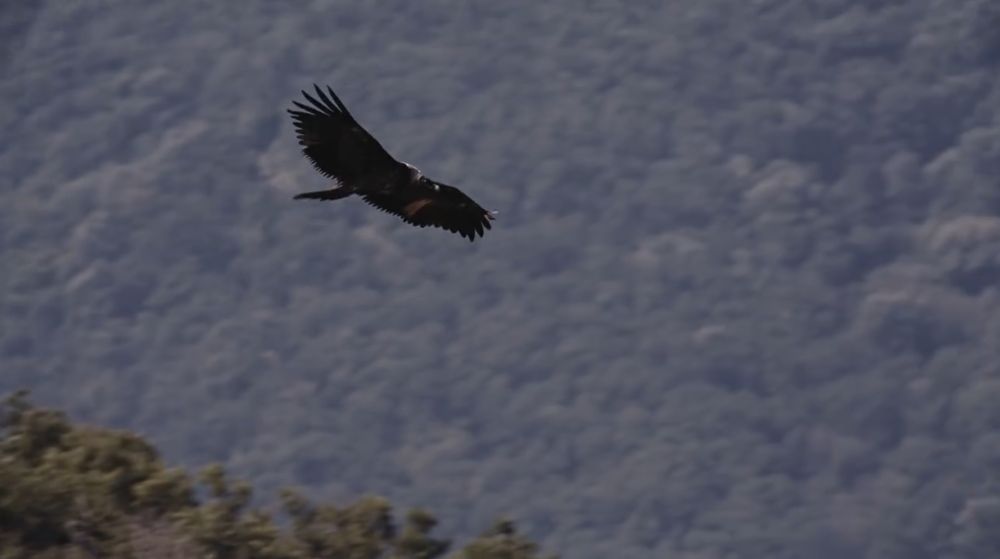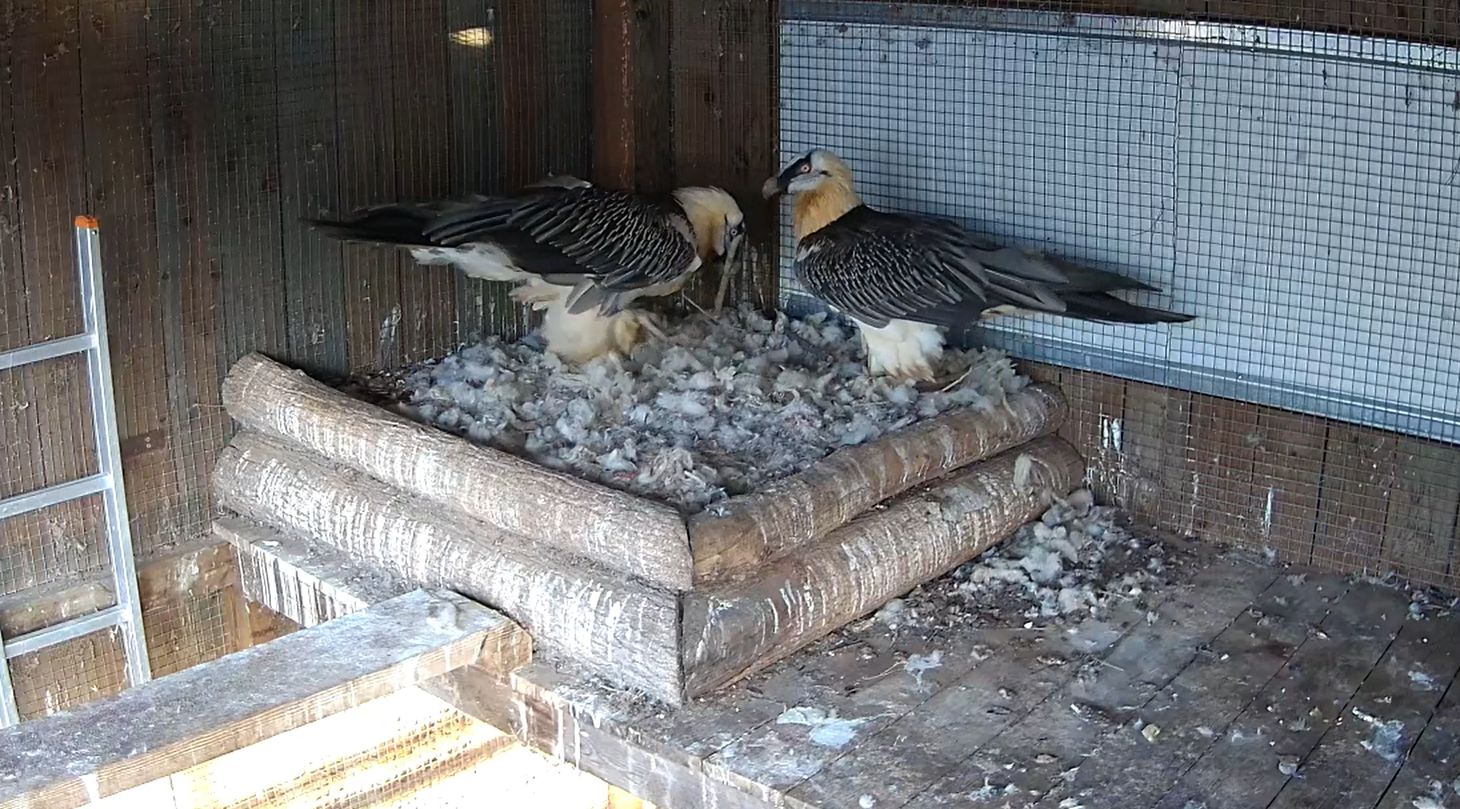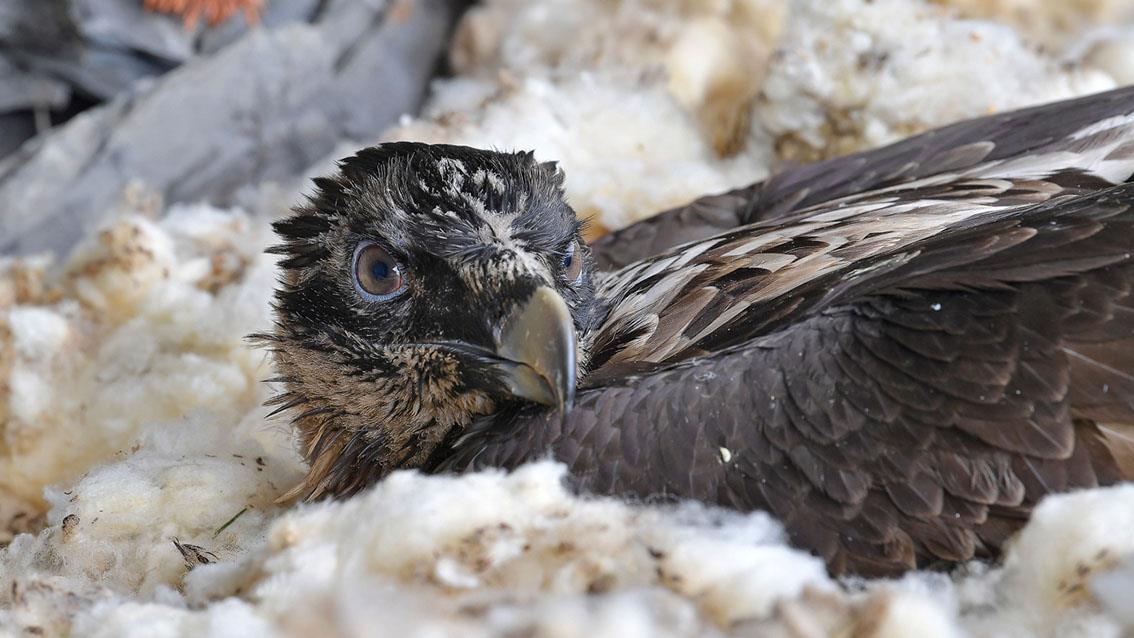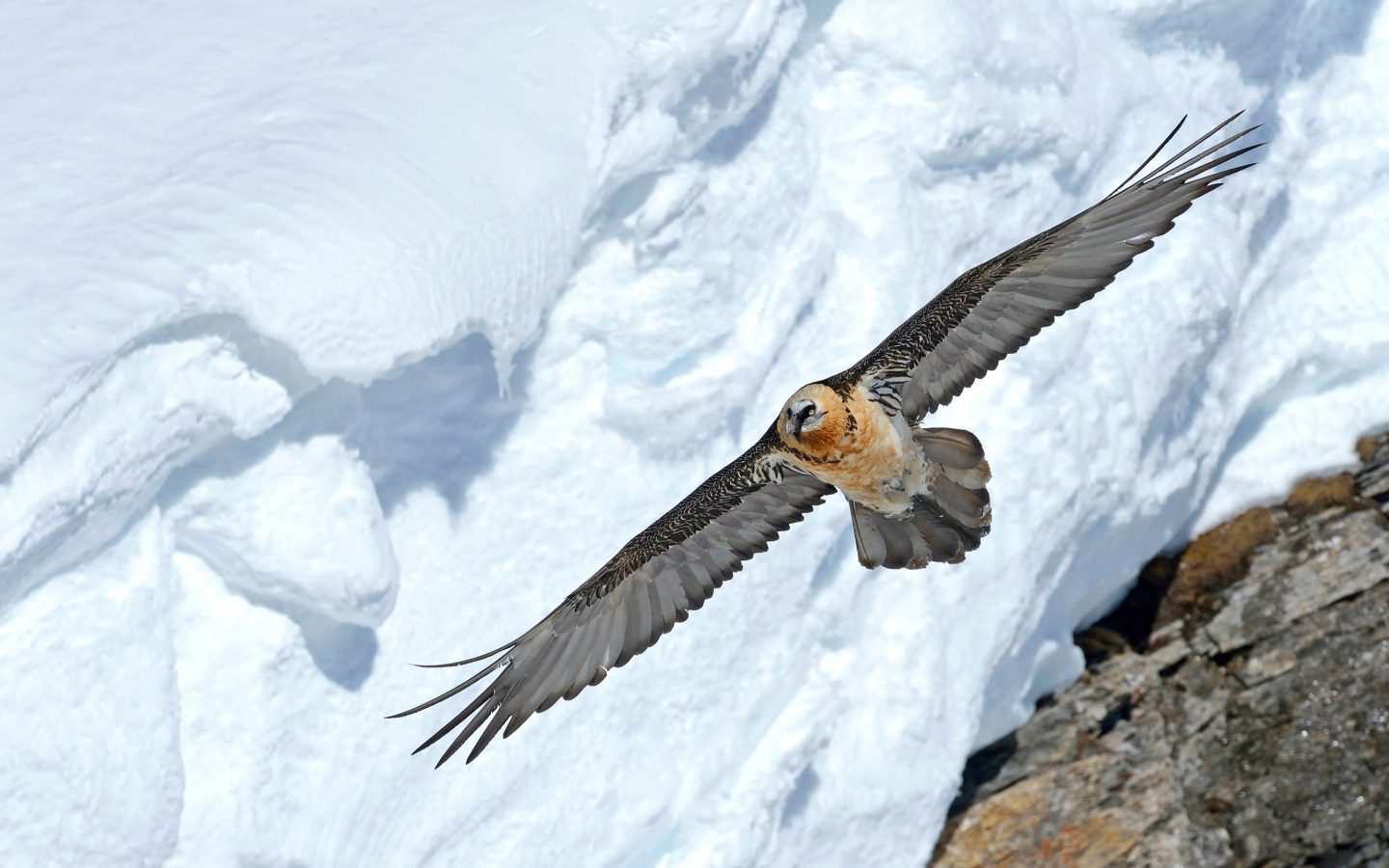After an absence of more than half a century, the skies above Bulgaria once again belong to the Bearded Vulture (Gypaetus barbatus). Meet Boev, the first young Bearded Vulture now living freely and independently in the Bulgarian mountains — a milestone for vulture conservation in the Balkans.

A new generation takes flight
Boev (BG1256) hatched on February 12, 2025 at Zoo Ostrava in the Czech Republic and was later transferred to Sliven, Bulgaria, as part of the species’ long-awaited return to the country. On 17 May 2025, three male Bearded Vultures — Boev and LifeBG from Zoo Ostrava, and Balkan from the Green Balkans Captive Breeding Centre — were released at Sinite Kamani Nature Park near Sliven, marking the first Bearded Vulture living in Bulgaria in more than 50 years.
Challenges and resilience
The journey has not been without setbacks. Sadly, LifeBG died shortly after the release due to a bacterial infection. Balkan, meanwhile, had to be brought back into care after losing feathers but has since recovered and continues to be monitored closely.
Boev, however, quickly adapted to life in the wild. After his first flights in Sinite Kamani, he began exploring the wider landscape — making short trips to Kotel, Yablyanovo, and Elena, before always returning to his release site. On August 6, Boev made a remarkable 120 km journey to the Central Balkan National Park, where he has since spent much of his time among Griffon Vultures summering in the area.
A True Wild Bearded Vulture
In another milestone observation, Boev was filmed feeding on a Balkan Chamois carcass — the first documented case of a reintroduced Bearded Vulture in Bulgaria feeding on wild animal remains. This exciting event confirmed that Boev is learning to survive independently and that natural food resources are available within the species’ historic range.
Exploring the Balkan Mountains
Between 1 September and 7 November, Boev has already covered more than 3,300 km, a movement pattern comparable to that of young Bearded Vultures released in other European sites.
His GPS data reveals three main areas where he spends time:
- The Central Balkan Mountains — remote, high-altitude terrain ideal for a young vulture’s development or to settle once he reaches adulthood
- The Sinite Kamani release site, which he still visits regularly, as many released vultures in other areas do.
- The Kotel area, known for its vulture acclimatisation aviary and active conservation work.

Updated GPS locations of Boev between September and November 2025, showing his key movement areas and total distance of 3300km covered – © VCF
In addition to these main locations, Boev has made several excursions both east and west of his core range, steadily exploring and learning the vast Balkan landscape.
A symbol of hope for Bulgaria
Thanks to the collaborative efforts of Green Balkans, Fund for Wild Flora and Fauna, and other dedicated partners under the LIFE Bearded Vulture Bulgaria project, Boev’s story represents a beacon of hope for the species’ future in the Balkans.
Boev’s steady progress and expanding range signal that the Bearded Vulture’s comeback in Bulgaria is not just a dream anymore— it’s becoming real.
The Bearded Vulture LIFE Project

The “Bearded Vulture LIFE” project is a comprehensive initiative, aiming to restore the Bearded Vulture and Cinereous Vulture across Bulgaria and the Balkans. With a budget of €5.17 million, co-funded by the European Union’s LIFE Programme, the project commenced in August 2023 and is expected to continue until 2030. Building upon the achievements of its predecessor, “Vultures Back to Life,” it is coordinated by Green Balkans, with five more partner organizations within Bulgaria, including the Fund for Wild Flora and Fauna, Foundation EkoObshtnost, EVN – Elektropradelenie Yug EAD, Severozapadno Darzhavno Predpriyatie – Vratsa, and “Sinite kamani” Nature Park Directorate. Furthermore, the project benefits from international collaboration, including the Vulture Conservation Foundation (VCF), responsible for the translocation and safeguarding of captive-bred birds secured for release. Additionally, the partner Milvus group is responsible for executing conservation efforts in Romania.




